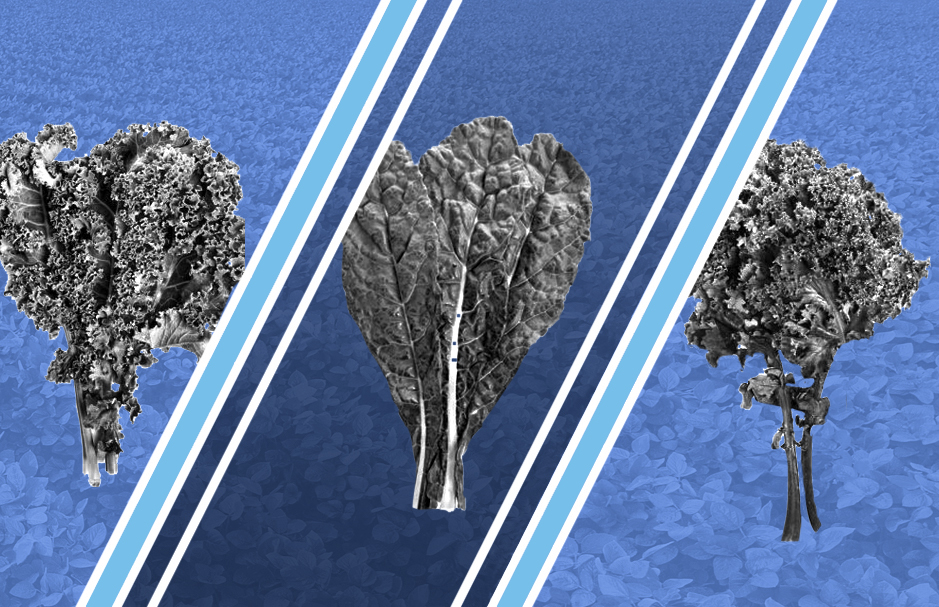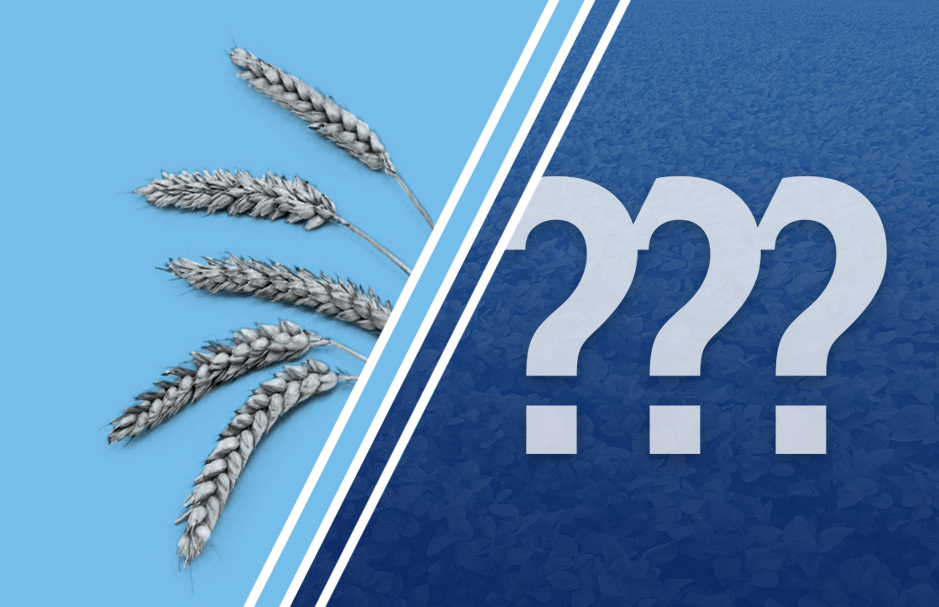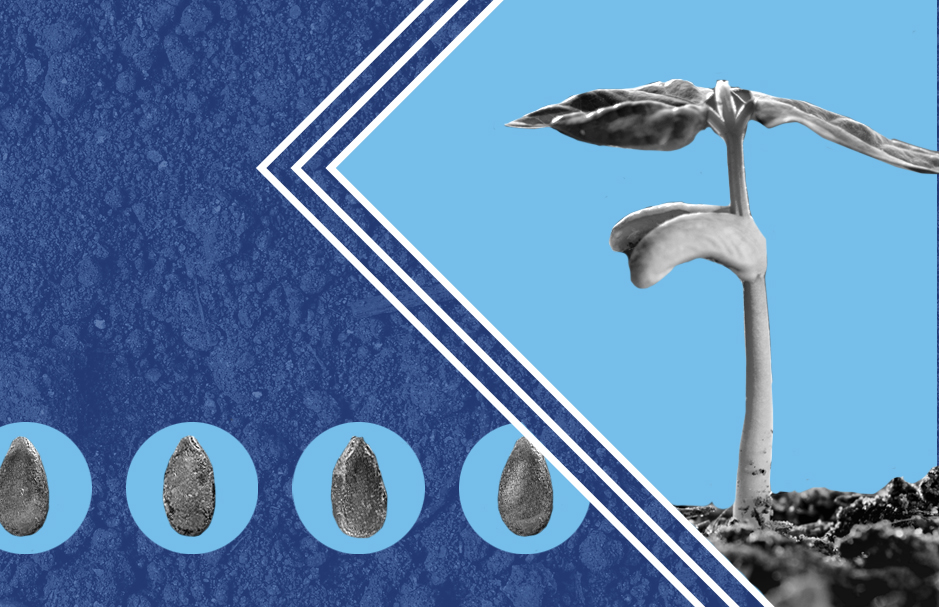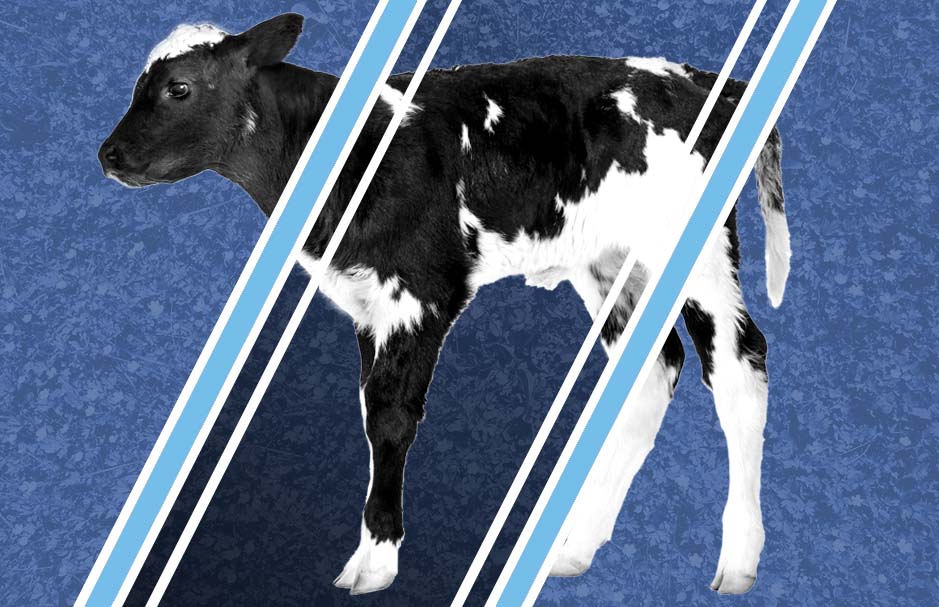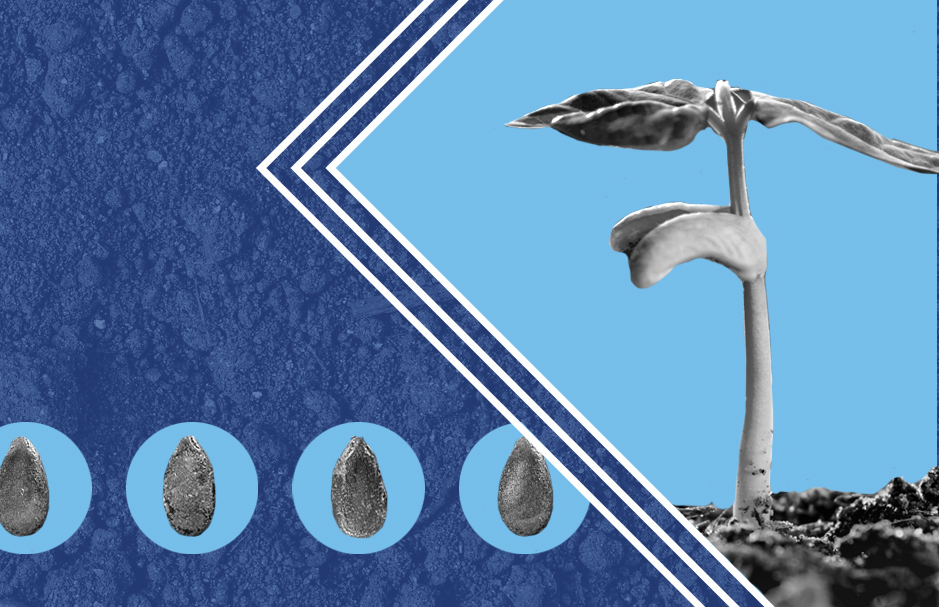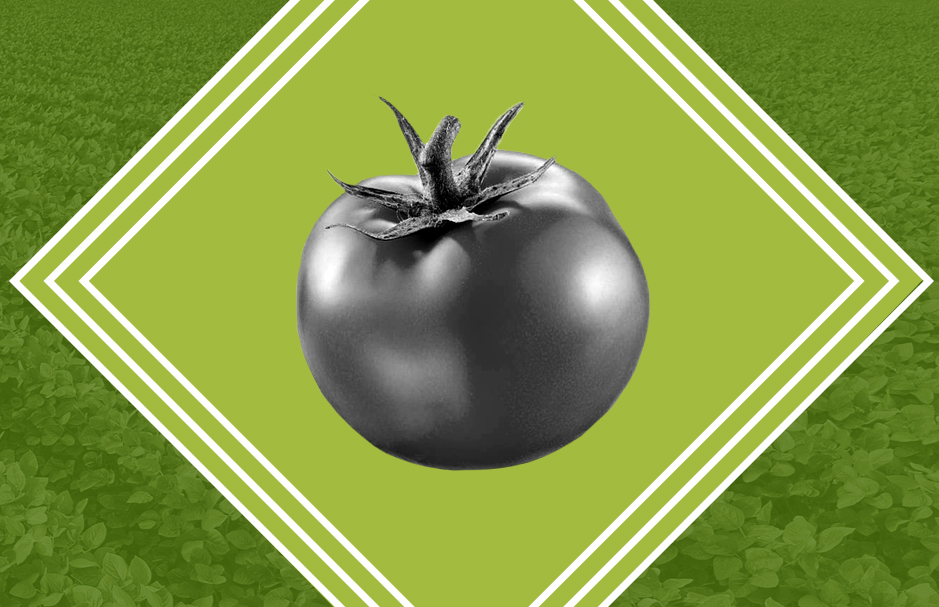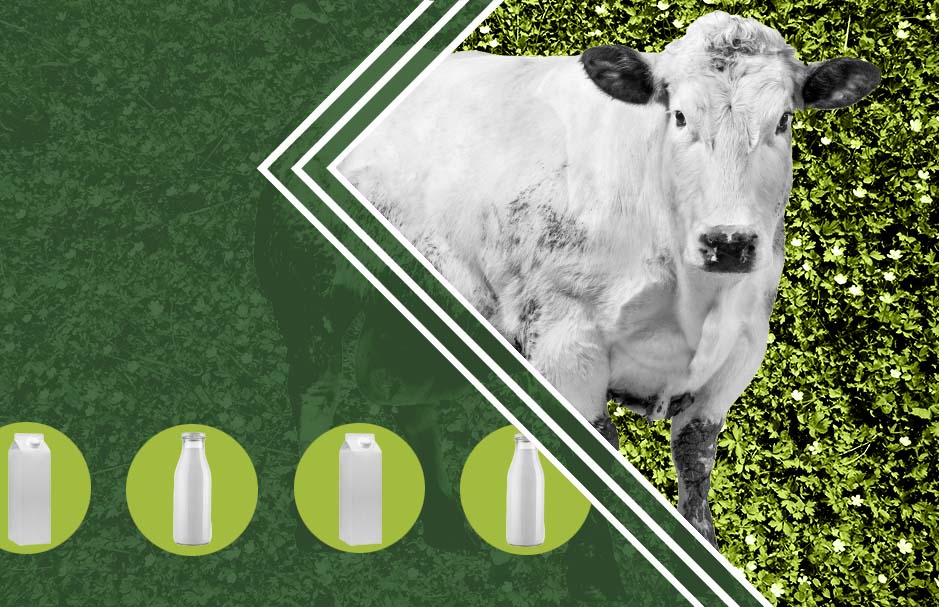Explore Our Courses on Food Safety and Biosafety
Access peer-reviewed, interactive resources used by regulatory agencies, academics, the private sector, and other stakeholders around the world.
The Agriculture & Food Systems Institute seeks to address the challenge of implementing capacity enhancement events in locations where infrastructure and other factors may limit in-person training, delivering educational material that is available globally, continuously, and at no cost.
Our courses serve as both a complement to our more intensive in-person and virtual technical trainings, and as standalone resources for professionals seeking to enhance their knowledge of the field.
Test Your Knowledge
Get instant feedback on your understanding after each module.
Access Anywhere
Access the online courses from anywhere, anytime it meets your schedule.
Offered Free of Charge
Regulatory agencies, academics, the private sector, and other interested stakeholders may request access.
Log In
Access your courses or register for new ones.
Not Registered Yet?
REQUEST ACCESSBiosafety and Biotechnology Courses
Genetic Variability in Crops
This course discusses genetic variability in crops, providing a basic review of genetics and plant breeding, an overview of modern breeding technologies, and a discussion of how new plant cultivars are released.
Environmental Risk Assessment of Non-Target Organisms for Genetically Engineered Crops
This course discusses when, why, and how environmental risk assessments for genetically engineered crops are informed by testing of non-target organisms.
Understanding Low Level Presence in Agricultural Biotechnology
This course teaches what Low Level Presence (LLP) is and how associated environmental risks can be assessed.
Application of Problem Formulation to the Environmental Risk Assessment of Genetically Engineered Crops
This course introduces the key concepts of problem formulation for the environmental risk assessment of genetically engineered crops.
Confined Field Trials of Genetically Engineered Plants
This course provides a comprehensive discussion of risk management methods for confined field trials (CFTs) of genetically engineered plants and how those methods may be incorporated into a regulatory framework.
Genetic Engineering in Livestock Production
This course covers advancements in genetic engineering in animals that have been demonstrated in laboratory settings and their application in livestock production.
Le génie génétique dans la production animale
Ce cours couvre les progrès du génie génétique chez les animaux, démontrés en laboratoire, ainsi que leur application dans la production animale.
Engenharia genética na produção pecuária
Este curso abrange os avanços na engenharia genética em animais que foram alcançados em laboratório e as respectivas aplicações na produção pecuária.
Variabilidad genética en cultivos
En este curso se abordará la variabilidad genética en los cultivos, se proporcionará una revisión básica de la genética y el fitomejoramiento, se hará una descripción general de las tecnologías modernas de mejoramiento y, por último, se analizará de qué forma se difunden los nuevos cultivares vegetales.
Evaluación de riesgo ambiental de organismos no objetivo para cultivos obtenidos por ingeniería genética
En esta clase se definirá el NTO y se proporcionarán ejemplos de cuándo y por qué es necesario realizar pruebas de NTO para informar la revisión regulatoria de un cultivo transgénico.
Aplicación de la formulación del problema para la evaluación del riesgo ambiental de cultivos genéticamente modificados
En este curso se presentan los conceptos clave de la formulación del problema para la evaluación del riesgo ambiental de cultivos genéticamente modificados.
Ingeniería genética en la producción ganadera
Este curso cubre los avances en ingeniería genética en animales que se han probado en el laboratorio y su aplicación en la producción ganadera.
Los ensayos de campo bajo confinamiento Vegetales Genéticamente Modificados
Este curso ofrece información exhaustiva sobre los métodos de gestión del riesgo para ensayos de campo confinados (ECC) de plantas genéticamente modificadas (GM) y sobre cómo estos métodos se pueden incorporar a un marco reglamentario.
Niveles de baja presencia (LLP) en biotecnología agrícola
Este curso explica el concepto de niveles de baja presencia (LLP por sus siglas en inglés) y la forma en que puede evaluarse su riesgo ambiental.
植物有限制田间试验的监管和风险管理
本课程全面讨论转基因植物的有限制田间试验的风险管理方法,以及这些方法如何被纳入监管框架。该课程涵盖了有限制田间试验的整个过程,从最初的策划和准备到收获后对试验场地的监控。讨论从有限制田间试验在开发新的转基因植物中的角色和有限制田间试验的监管开始。接下来讨论的是申请有限制田间试验的信息要求,和生殖隔离的概念和原则,以及防止有限制田间试验对环境产生负面影响的其他管理规范。
작물의 유전적 변이
이 과정은 작물의 유전적 변이에 대해 논의하고 유전학과 식물 육종에 대한 기본 검토, 현대 육종 기술에 대한 개요 및 새로운 식물 품종이 출시되는 방법에 대한 논의를 제공합니다.
Food Safety Courses
Concepts in the Safety Assessment of Novel Food and Feed
This course discusses how people use information about foods to make basic decisions regarding food safety and how government regulators use similar information to address the safety of novel foods that may be introduced into their country’s food supply.
Application of Problem Formulation to Food and Feed Safety Assessments
This course teaches you how to apply problem formulation to the food and feed safety assessment of genetically engineered crops.
Food Safety of Genetically Engineered Animal Products
This course covers the safety measures employed to evaluate the risk of genetically engineered animal products and how genetically engineered animal products are evaluated against non-genetically modified products.
Sécurité alimentaire des produits issus d’animaux génétiquement modifiés
La présente formation couvre les mesures de sécurité employées pour évaluer le risque associé aux produits issus d'animaux génétiquement modifiés et comment ceux-ci sont évalués par rapport aux produits non génétiquement modifiés.
Segurança alimentar de produtos derivados de animais geneticamente modificados
Este curso abrange as medidas de segurança empregadas para avaliar o risco de produtos derivados de animais geneticamente modificados e como esses produtos são avaliados em relação a produtos não geneticamente modificados.
Conceptos en la evaluación de la inocuidad de nuevos alimentos y piensos
En este curso, se analiza cómo las personas emplean la información sobre los alimentos para tomar decisiones básicas sobre su inocuidad y cómo los entes regulatorios gubernamentales utilizan información similar para abordar la inocuidad de alimentos nuevos que posiblemente comiencen a comercializarse en el país.
Aplicación de la formulación del problema en las evaluaciones de inocuidad de alimentos y piensos
En este curso, se enseña cómo aplicar la formulación del problema a la evaluación de la inocuidad de alimentos y piensos de cultivos genéticamente modificados (GM).
Seguridad alimentaria de productos animales genéticamente modificados
Este curso cubre las medidas de seguridad empleadas para evaluar el riesgo de los productos derivados de animales modificados genéticamente y cómo estos productos se evalúan con respecto a los productos obtenidos de animales no modificados genéticamente.
新食品和饲料安全评估方面的概念
本课程将讨论人们如何利用有关食品信息对食品的安全性做出简单判断,以及政府监管人员(Governmental Regulators)如何使用类似信息来解决可能进入本国食品供应链(Food Supply)的新食品的安全问题。
새로운 식품 및 사료의 안전성 평가 개념
이 과정은 사람들이 식품 안전에 관한 기본적인 결정을 내리기 위해 식품에 대한 정보를 사용하는 방법과 정부 규제 기관이 해당 국가의 식품 공급품에 도입될 수 있는 새로운 식품의 안전성을 다루기 위해 유사한 정보를 사용하는 방법에 대해 설명합니다.
식품 및 사료 안전성 평가에 문제 제형화 적용
이 과정은 유전자 변형(GE) 작물의 식품 및 사료 안전성 평가에 대한 문제 제형화를 적용하는 방법을 알려줍니다.
What People Are Saying
Find out why your peers are taking e-learning courses.
“I work at the GMO regulatory agency in Mexico, learning more about it will directly improve my work and decision making.”
“To enable me to guide the network applying correct practices for sampling and testing.”
“Currently I am doing my thesis project on Biosafety of GE plants. The resources of these courses will aid my project work as they contain information related to my work.”
“The training will equip me with the relevant skills and knowledge required to enhance my ability to support my clients and train my colleagues to effectively deliver on their mandate at ensuring power health and safety.”
“I am responsible for writing our company policy for producing Non-GE products, obtaining certification, and annual auditing of the program. This training program will assist me in this process and help me remain up-to-date on current research and publications.”
“I’m a current freshman at Penn State, majoring in animal science and management. These courses will be very beneficial to me as I learn more about animal science and technology, and the agricultural industry. I feel that these courses could cover ideas that are not covered in my class.”
“This will give me a better understanding to work in the field of biosafety in Bangladesh”
“To broaden knowledge on the conduct of science-based risk assessment of the products of genetic modification and to aid in decision making regarding formulation and implementation of policies related to GM regulation.”
“Learn about biosafety courses and apply in company I’m working at.”
“They would be very useful for my research projects and my teaching activity.”
“The safety assessment and detection of transgenic crops has become a worldwide issue. The Agriculture & Food Systems Institute courses are helpful for better understanding it.”
“To learn more about food and feed in context of safety and genetically modified organisms, because we develop testing systems for different food products.”
“To gain more experience and knowledge on biotechnology.”
“I’d like to use it for a research project on food safety regulation.”
“These e-learning courses that will enhance my knowledge and capacitate me as a member of Department of Health – Biosafety Committee (DOH-BC) of the Philippines in assessing and reviewing Biosafety Permit Applications.”
“I work with the Biosafety Unit of the Food and Drugs Authority where knowledge in the course AFSI is providing will be relevant in improving enforcement of GMO regulations.”
“To learn more about LLP in seed because it’s important to understand the aspects related with this topic such regulation, trade and risk assessment.”
“I want to know how others countries consider the Confined Field Trials of Genetically Engineered Plants.”
“These courses would be useful to my work in contaminants of food and feed.”
“As I am appointed as a biosafety support officer, I think this courses will increase my understanding and knowledge.”
“Being the Chair of the DOH Biosafety Committee, taking this course will help me understand the concepts and principles of risk assessment on GMO crops and will strengthen our capacity in reviewing the applications filed by technology developers.”
“Stelagenomics is a Mexican biotechnology company, founded in 2012. Currently, we have some biotech crops that we are developing and we need to understand the regulatory framework in order to achieve the freedom to operate as soon as possible.”
“I am engaged in research projects to develop next-generation potato crops for improved pesticide resistance. These courses will benefit our crop science projects by aligning our interests in increasing global food security while ensuring optimal nutrition and safety of our next-gen plant products.”
“Agricultural biotechnology is one of my portfolio. So, taking these courses definitely help my work.”
“I am currently working as the Secretariat of the DENR Biosafety Committee in the Philippines. Our committee is mandated to lead in evaluating and reviewing the possible risk and impacts of genetically modified crops to the environment. Taking this course would be useful to effectively do our jobs.”
“I want to study the current events, studies, and concerns about GM food consumption. I’m hoping that by doing this, I can make an informed decision in the near future.”
“I am a student of Biotechnology and I think your courses will help me in my further higher studies or research field.”
“Food Science and Food Technology has always been a challenging and passionate matter. Being among the experts in this course will be an advantage for me.”
“I have a degree in molecular biology and work in the General Coordination of Biotechnology at the National Service for Agri-Food Health and Quality. We carry out the food safety and nutritional evaluations of GMOs and these courses would help me to complement my training in the subject.”
“Keep up with current thinking within the industry and government.”
“This course will be useful to my research in Plant Molecular Biotechnology.”
“The principal reason to taking AFSI courses is to keep me updated on the issues related to GMO and share what I have learned to improve our regulation.”
“I would like to increase my knowledge on genetically engineered plants as well assessing their safety.”
“I am working on DNA based molecular diagnostics of GM crops. These courses will benefit my future R&D activities on diagnostic of GM crops.”
“I have the ambition to build up a Bangladeshi Bio-tech startup and these courses will surely help me to reach my goals.”
“I believe this course will help me in my self and career development since I hold a bachelor’s degree in agricultural biotechnology, and I am currently a member of the regulatory team in my work.”
“As scientific officer part of my responsibilities include risk profiling and assessment, so I am expecting to up my level of understanding of this topic with this course.”
“To develop new skills and knowledge which will enable me to excel in my career and to develop and improve food safety and quality systems within our company.”
“As a researcher with interest in biotechnology especially bio-safety, the foundation course will increase my ability to address scientific issues relevant to human health and environmental sustainability. I am highly interested in learning about framework available in conducting Environmental risk assessment and safety assessment of food/feeds from genetically modified plants.”
“I plan to take the “Understanding LLP in Agricultural Biotechnology” course, which I hope will help me understand our QA results and causes of LLP in our seed lots.”
“I´m an Agronomist with a MS and Ph.D. in plant physiology and Biochemistry, and Agricultural Science respectively. In my former jobs, I use to work as a regulatory affairs manager/specialist in companies as KWS SAA SE, DuPont Pioneer, and Bayer CropScience. I would like to improve my knowledge as well as update myself regarding new biotech crops.”
“It would be beneficial for my profession.”
“I’m a researcher with interest in genetic engineering and bio safety with respect to cytogenetic and plant breeding so this training will be of great help in my field of research and agency.”
“To get latest advancements in human health and well-being.”
“I currently work as a lecturer, researcher and chair of the Indonesian Tempe Forum. Related to my work, I often get questions about GM and non-GM soybean as raw material for tempe (Indonesian traditional soybean fermented food), other foods and feed. Therefore I want to learn a lot about Food and Feed Safety Assessments.”
“The theme of your courses is especially relevant for my activities because I would like to to expand my knowledge and apply my skills and my interest in biosafety and risk assessment in fields other than medical and molecular entomology.”
“I moved into QA supervisor position and I would like to have the skills to develop the GMO program in my company.”
“I am involved in the activities of Bt eggplant in Bangladesh. More GMO crops are in pipeline. This course will help me to understand about the safety of GMO crops.”
“I have been offered a ministerial appointment by the Department to Agriculture to give technical advice regarding import and export of GM products in South Africa. More knowledge in biotech and food safety will add significantly to the one I have in plant molecular biology.”
“As Agronomist, I am taking this course because I need more resources on this topics.”
“In order to improve my knowledge on biosafety and international biosafety issues.”
“Required for MBB 292 course of the University of the Philippines Los Banos under Prof Desiree Hautea.”
“In order to perform better in my own field, it is important that I understand the concepts of biosafety. Learning biosafety helps me understand the possible risks and hazards that technology may pose, and through risk assessment I can perform mitigation procedures that can help in eradicating these risks and make the product of science safer for the community and its people.”
“I would like to increase my knowledge in the Food Safety field.”
“My learning in this field of study will be useful to my major field which is Molecular Biology and Biotechnology, and my future work.”
“I served as Biosafety Officer for Institutional Biosafety Committee (IBC), also was a member of Technical Advisory Committee for monitoring field trials of GE crops. presently serve as a consultant to IBC, therefore the foundation course will be helpful for me to have the latest awareness about biosafety.”
“I want to develop my knowledge relating to biosafety issues.”


